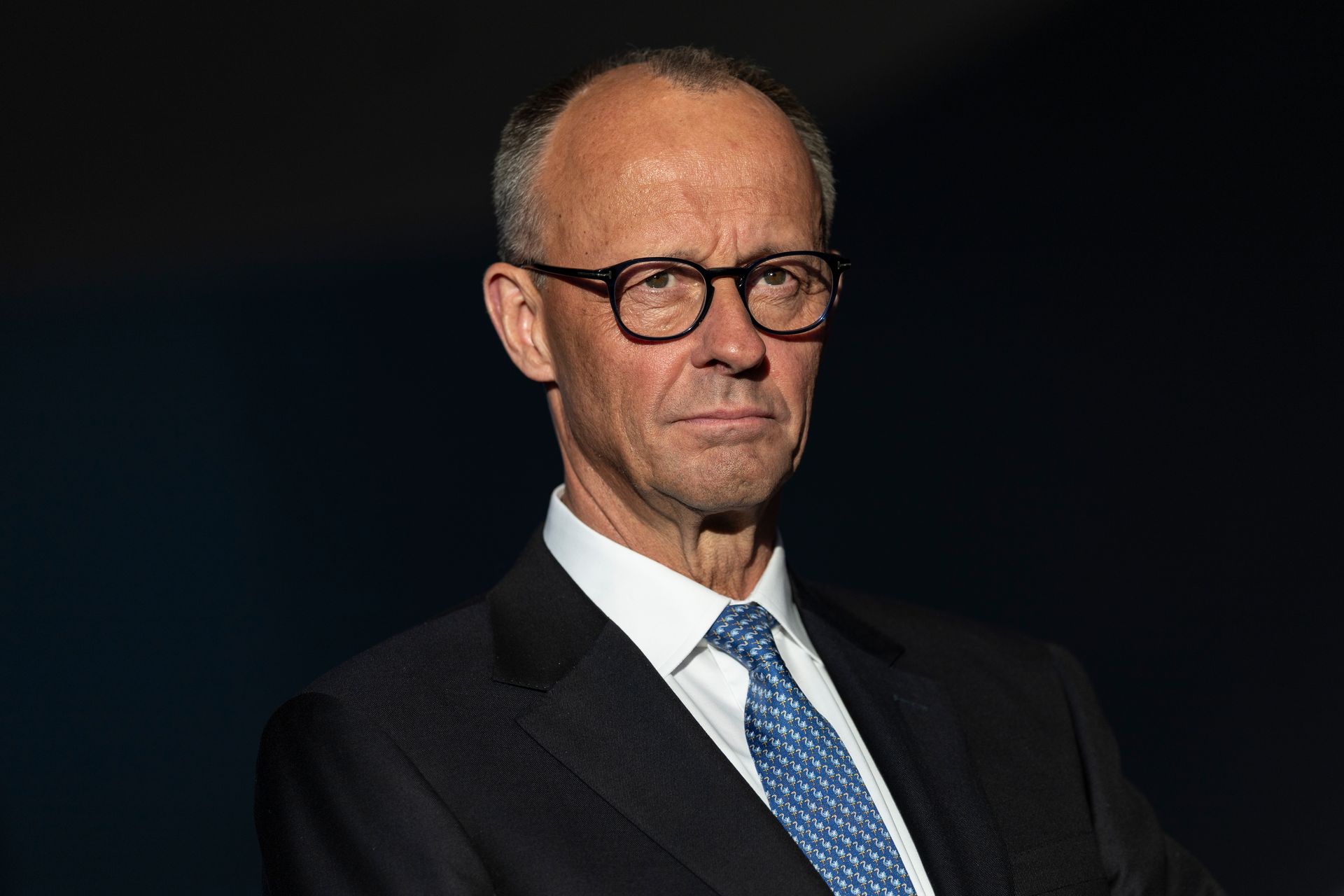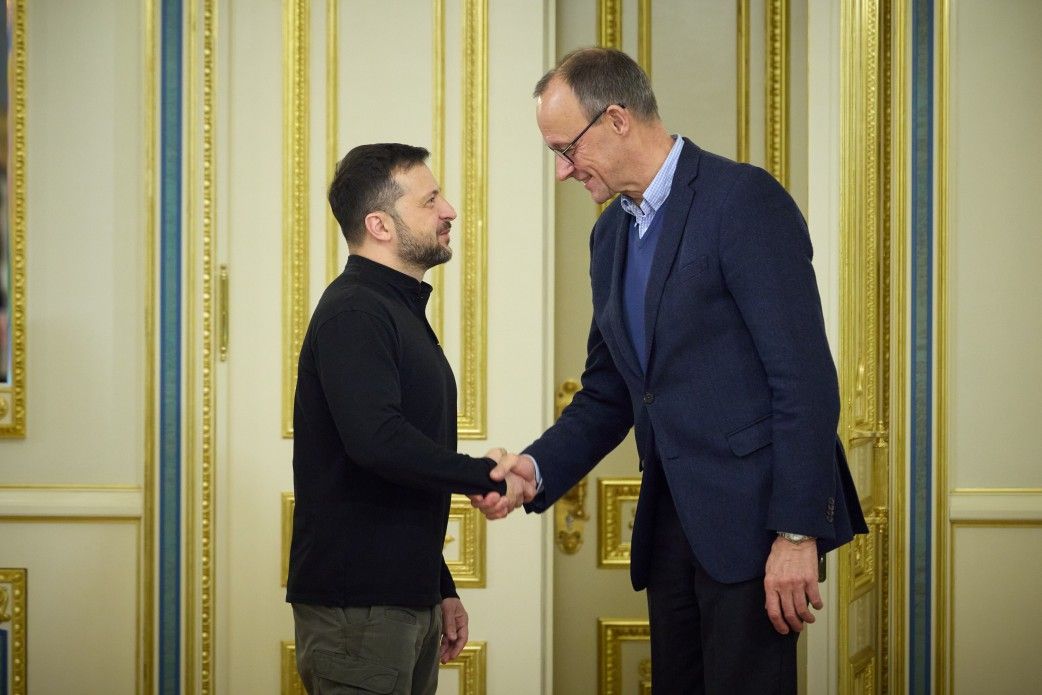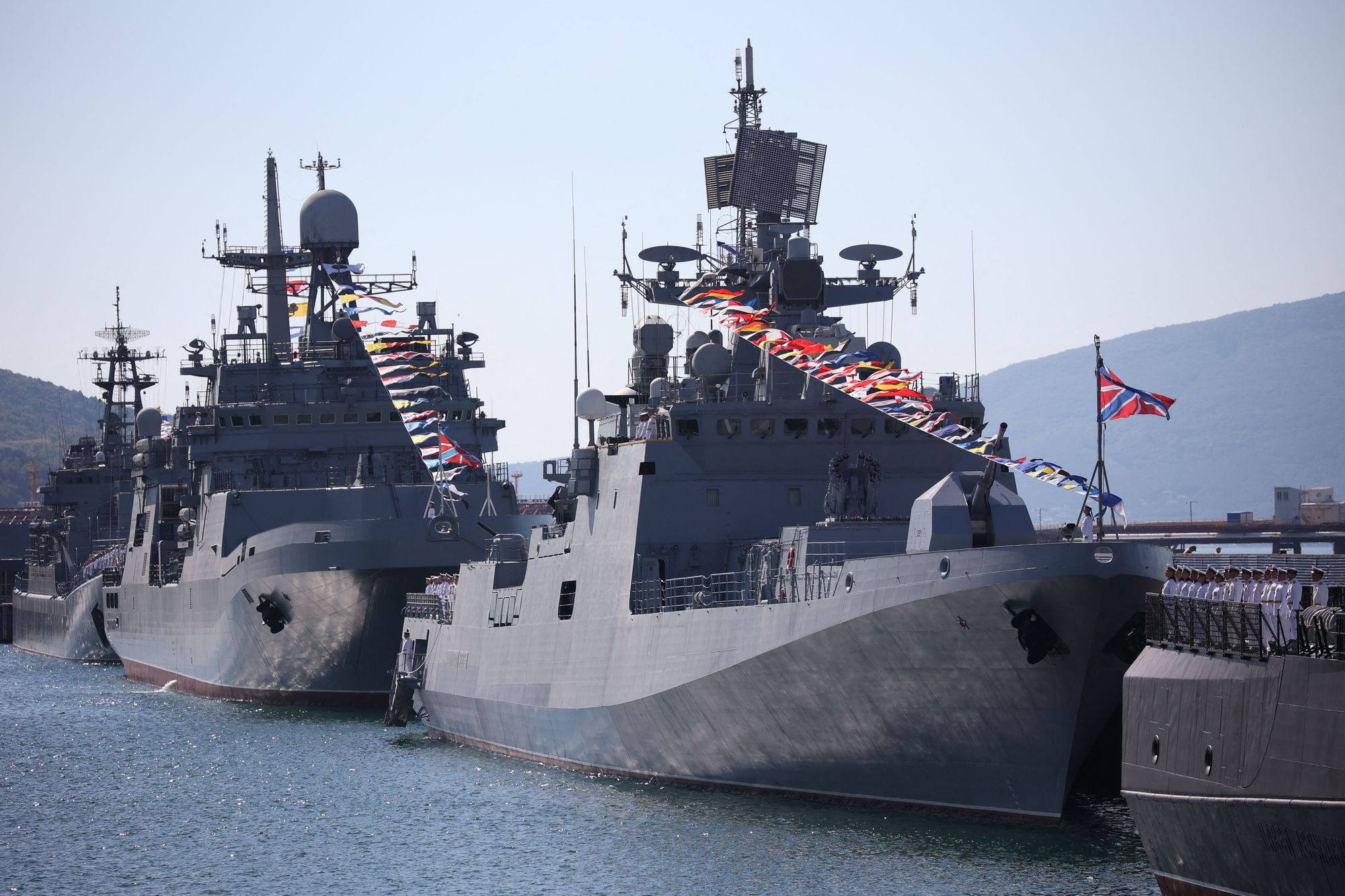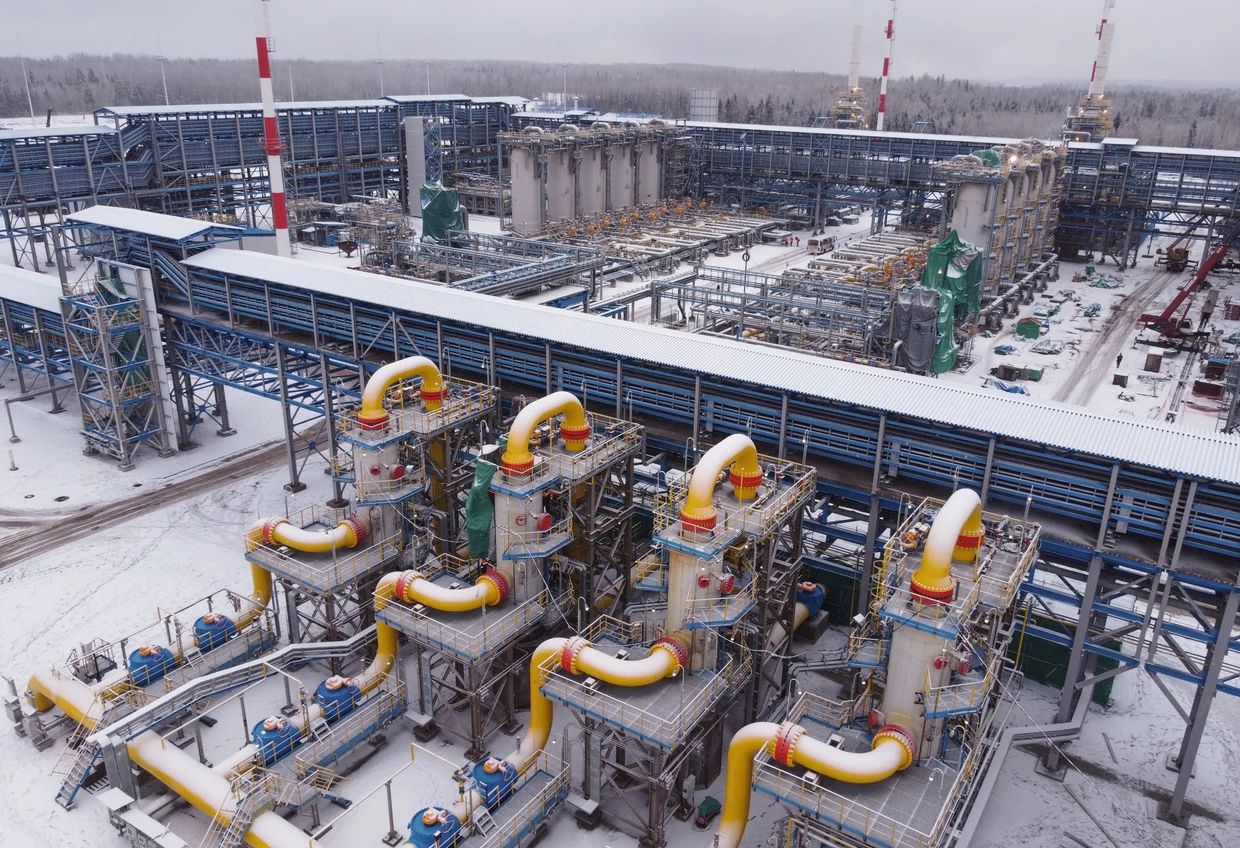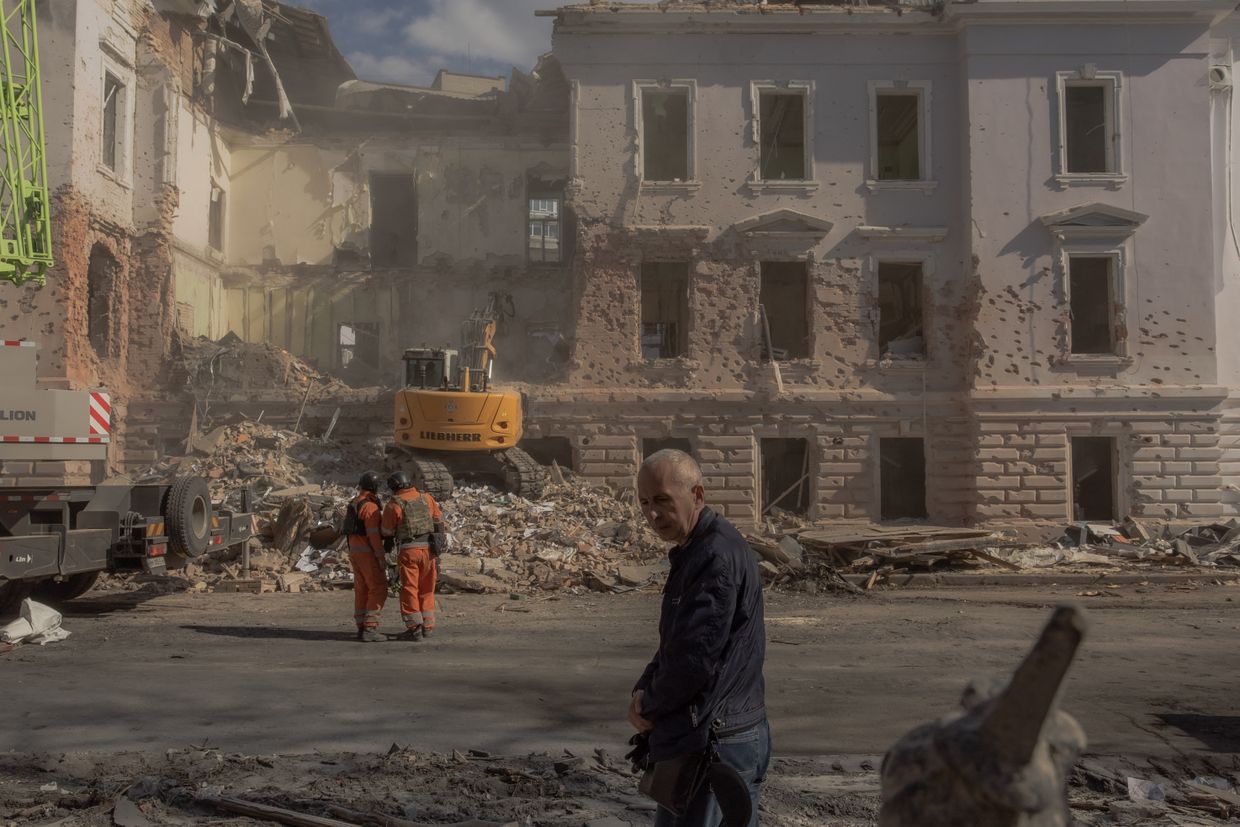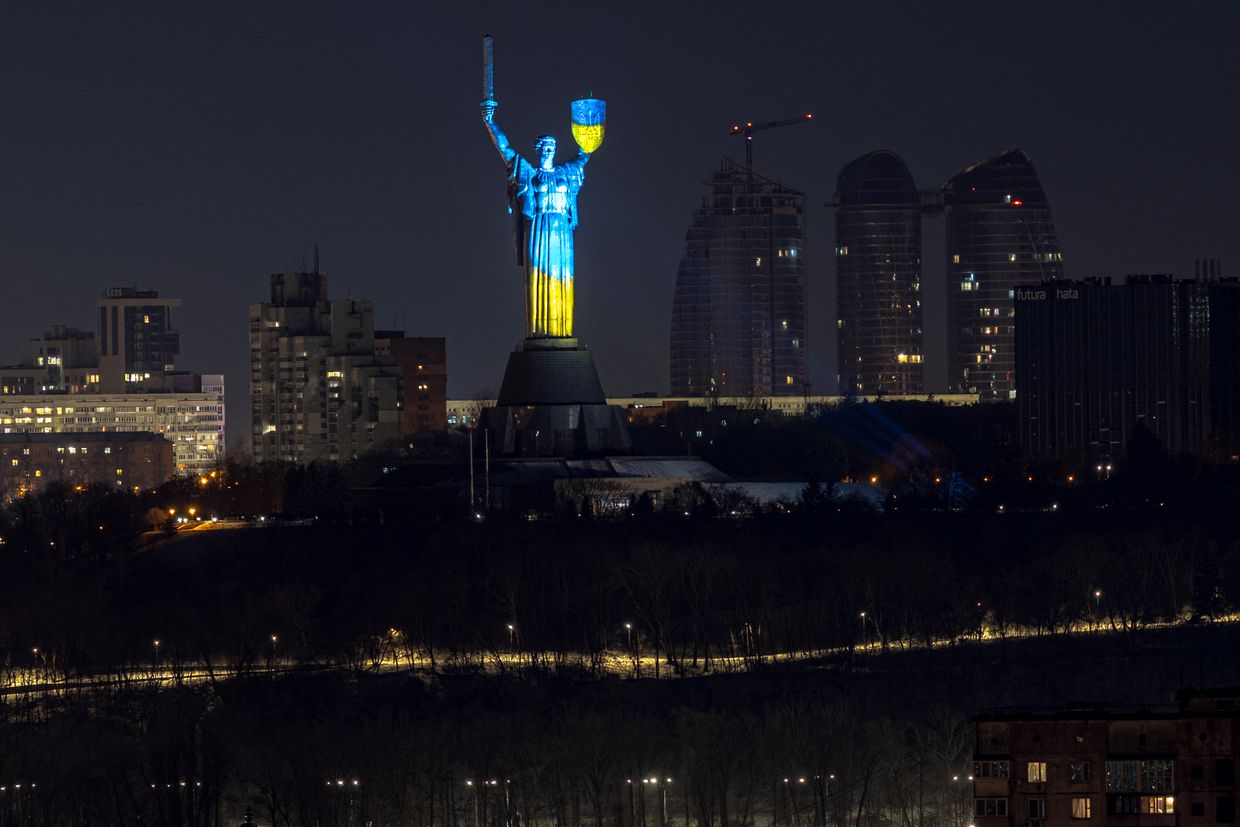President Volodymyr Zelensky is expected to arrive in Berlin on May 28 for a surprise visit and a meeting with German Chancellor Friedrich Merz, Der Spiegel reported on May 26, citing undisclosed government sources.
The meeting comes as Merz seeks to promote European efforts to initiate further technical-level peace talks between Ukraine and Russia.
According to Der Spiegel, Merz plans to discuss potential steps toward facilitating such negotiations directly with Zelensky. He will also brief the Ukrainian leader on plans for a new European Union sanctions package targeting Russia, aimed at increasing pressure on Moscow to engage in serious dialogue.
Ahead of the May 16 peace talks in Istanbul, Merz had warned the Kremlin of sweeping new sanctions if Russian President Vladimir Putin continued to obstruct progress. The Istanbul talks — the first in three years — ended after less than two hours, with no agreement on a ceasefire.
The only significant outcome was a deal to exchange 1,000 prisoners of war on each side.
Moscow repeated its maximalist demands, including a full Ukrainian withdrawal from four partially occupied regions it claims to have annexed — a position Kyiv and its allies reject.
Ukrainian officials described the talks as brief and unproductive, saying that Russian negotiators lacked real authority. Despite Merz's earlier threat, no new sanctions have been announced in the wake of the failed negotiations.
During his May 28 visit, Zelensky is also scheduled to meet with German President Frank-Walter Steinmeier.
The visit, reportedly organized at short notice, is intended to demonstrate unified European resolve in pursuing a diplomatic track while maintaining robust military and political support for Ukraine.
Zelensky's trip to Berlin comes around three weeks after a high-profile meeting in Kyiv on May 10, when French President Emmanuel Macron, Merz, U.K. Prime Minister Keir Starmer, and Polish Prime Minister Donald Tusk visited the Ukrainian capital for joint talks.
The meeting marked Merz's first visit to Ukraine as chancellor and the first time all four leaders stood together in Kyiv.
In a joint statement issued by the U.K. government before the trip, the leaders pledged solidarity with Ukraine against "Russia's barbaric and illegal full-scale invasion." They expressed support for U.S. President Donald Trump's calls for a peace deal and urged Russia to stop obstructing efforts toward a lasting ceasefire.
Earlier on May 26, Merz said Western partners are not imposing any range restrictions on weapons delivered to Ukraine for use against Russian military targets on Russian soil.
